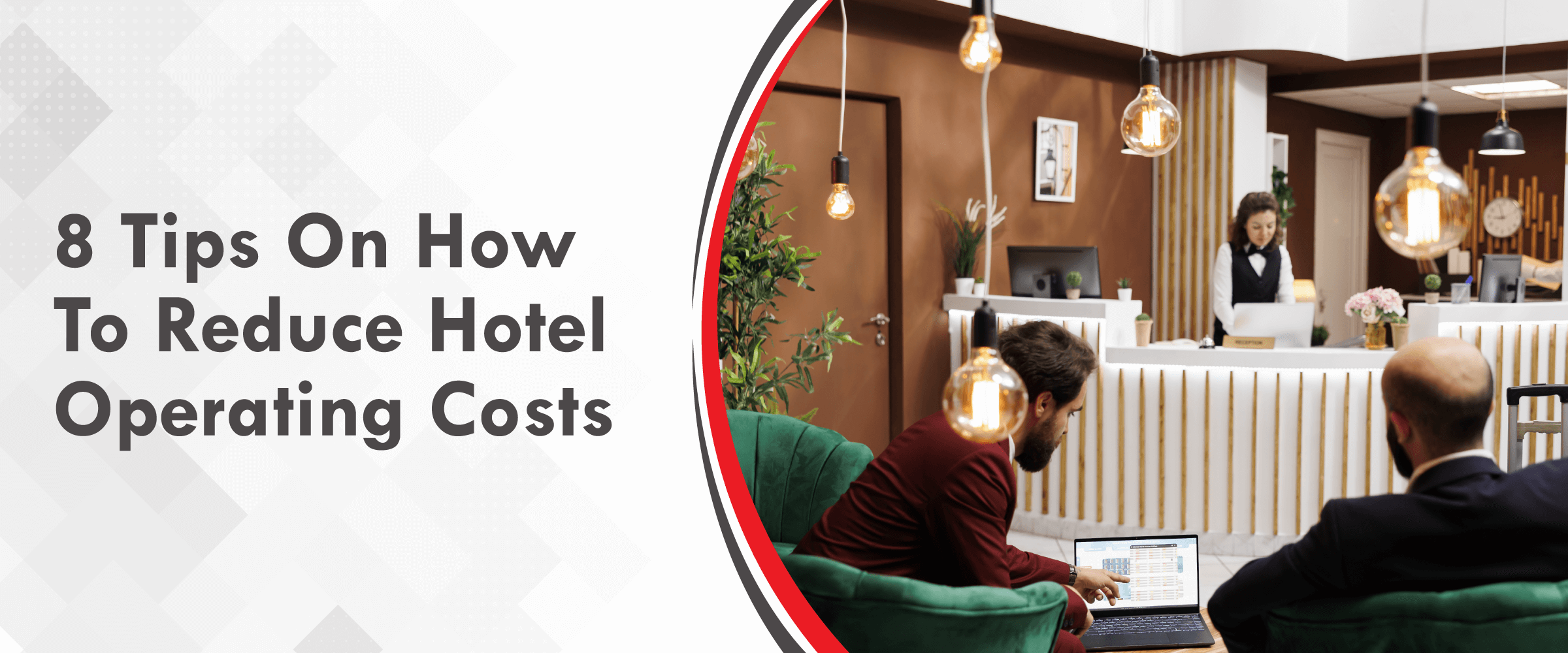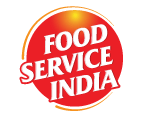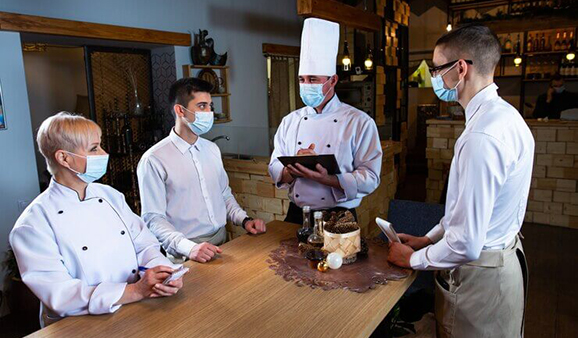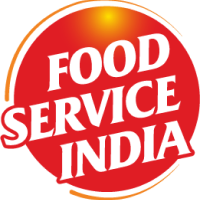
8 Viable Tips On How To Reduce Hotel Operating Costs
How can you make more profit as a hotel business in India? Well, one way to do so would be by bringing in more customers. But if you are looking for a more immediate solution, you should turn to reducing operating costs.
Much like any other business entity, hotels are constantly striving to turn a profit. Yet, if the bulk of their earnings fails to cover operational expenses, the profit margin of a hotel can rapidly diminish. To thrive in a competitive market, a hotel must consistently provide superior amenities and services that not only meet but exceed customer expectations, there by boosting customer satisfaction levels and revenue.
To run a successful hotel business, managers need to find a way to offer the best services and amenities, all while reducing operational costs to stay competitive. In this blog, we will provide you with valuable tips on how to reduce hotel operating costs and how we can help you do so.
A] How Much Does It Cost To Run A Hotel?
The operating cost of a hotel refers to the expenses required to ensure the hotel is running smoothly. The actual amount required to run any hotel smoothly varies depending on the services the hotel provides, its target audience, and its location.
However, all hotels incur similar types of expenses. These can be bifurcated into fixed costs and variable costs. The fixed costs are always fixed regardless of the volume of customers or services. These include rent, taxes, and staff salaries, so there is little to no chance for you to save on these expenses.
Variable costs on the other hand include utility costs, marketing and distribution costs, and food and beverage inventory costs. These costs are only incurred when a certain product or service is availed. As a hotelier, you may not be able to cut back on fixed costs. However, tracking and optimising your variable costs can help you reduce operating costs.
B] These Tips Will Help You Manage And Reduce Hotel Costs
1. Track Expenses To Find Overexpenditure
This may seem like unhelpful advice at a glance as most hotels have accounting teams who periodically track expenses. However, more often than not, these audits lead to no where. You need to take some time out of your busy schedule to sit and analyse every aspect of your expenses and find where you are overspending or which services are going to waste.
These non-required expenses can include excessive food waste, telephone and internet services that could be cheaper, and non-required expenses on cosmetics and linen, etc. Periodic hotel operating cost breakdown and analysis can lead to small savings here and there which can accumulate to a large sum over a period of time. Experts at FSI can help in optimising back-end processes and streamline operations to minimise waste, from food prep to supplies.
2. Optimise Labour Costs
Staff salaries and wages are some of the most important and unavoidable expenses in the hotel operating expenses list. However, you can optimise your staff to be more efficient and effective at their jobs, reduce errors and improve productivity. Make sure your staff have adequate quality training which includes essential skills for the job as well as soft skills. As leading HoReCa distributors, we specialise in training solutions for commercial kitchens, helping you streamline the backend processes.
Additionally, we help you to figure out if your staff is underutilised or over-utilised. It is important to find the right balance between utilising underutilised staff and relieving overscheduled workers to maximise productivity and avoid staff burnout and employee turnover.
3. Reduce Utility Costs And Focus On Energy Conservation
We understand that a hotel needs to be presentable and well-lit in order to bring in more people and create an aesthetically pleasing ambience. However, more often than not, lights and other electrical equipment such as music speakers and computers are running even when there is no one in that area.
FSIPL goes beyond just food service to help. Their expertise in optimising backend processes can identify areas for energy savings, like staff training to power down unused areas. Training staff to switch off lights and fans in common areas when not in use and installing energy-efficient LEDs can help you save a lot on your energy bills. Similarly, turning off the water features, TVs, and sound systems when not in use should be practised. Energy conservation efforts can also improve brand image and goodwill.
4. Leverage Cost-saving Technology
Industrial automation is one of the biggest talking points of this decade. Investing in automation technology that helps you and your employees to run day-to-day operations smoothly is a must for hotels. These technologies can improve productivity and also reduce operating costs.
Using IoT sensors and devices to automatically adjust the heating and cooling of a room, lights, and water temperature can help you save in the long run. You can also rent or buy software that helps to keep track of all the inventory, reducing unnecessary purchases of things that are already in stock. Investing in custom software that automates bookings, check-in and check-out, online reviews, billing, and housekeeping, also helps reduce labour costs.
FSIPL complements your tech stack. While we don’t provide automation systems, our streamlined processes integrate seamlessly with existing solutions. Imagine staff trained for peak efficiency, minimising waste while leveraging technology for tasks like inventory control.
5. Optimise Marketing And Advertising Cost
Optimising marketing and advertising is essential for bringing in more clients and staying ahead of the competition. But while you do so, you also need to keep an eye out for your bottom line. Set a budget for the marketing and advertising project and make sure you do not go over budget.
Establish a clear and achievable marketing goal, create innovative marketing strategies, and try to maximise your ROI. Use current marketing and advertising strategies like social media for extra reach. Most importantly, advertise according to your audience demographic.
6. Choose Vendors Carefully
Food Service India provides a wide range of culinary products including marinades & coating, taste enhancers, Indian gravies, spices, and seasonings, beverages, and much more. We ensure you get the best products at the best prices and stock up your inventory in time.
You can purchase premium grocery items like seasoning powder, marinades, sauces, and spices online at a discounted price from FSI to reduce your kitchen costs. We aim to contribute to your business’s success and efficiency, which is a key consideration you should make when choosing any vendor.
7. Reduce Food And Beverage Waste
Food waste is a serious problem in the hospitality industry. It is not only ethically wrong but also puts a lot of strain on the operating cost. For some hotels, managing food and beverage waste can be one of the best ways to improve the bottom line.
FSI offers pre-measured and pre-cut products that not only save the chef’s time but also help minimise waste by providing the exact amount of ingredients needed for each dish. We also audit your menu to see which dishes have the highest percentage of food wastage.
8. Preventive Maintenance Is Important
Lighting and other electrical appliances are more likely to consume more power if they are old and do not get timely attention. Regular maintenance can also extend the lifespan of these fixtures. Hotels need to conduct annual or semi-annual inspections and maintenance of everything from lighting fixtures and furniture to water and gas pipelines.
This can prevent any likelihood of a catastrophic breakdown. Complete breakdowns will not only cost more and require certain parts of the hotel to be temporarily closed but can cause serious injuries to staff and customers. Plus, keeping everything in the best shape ensures that the hotel is always in its best condition to welcome guests.
Conclusion
The above points offer ways to reduce the operational cost of a hotel without compromising on the quality of your service. All of these tips may not apply to every hotel; however, hotel managers should try to incorporate some of these tips to reduce operational costs and improve profitability. While doing so, managers must make sure that these saving tactics do not worsen customer satisfaction.
If you are looking for a reputed food products supplier in India to partner up with for premium-quality food products at affordable prices, contact us today! We offer a wide range of kitchen products like seasonings, spices, beverages, and much more for the hotel industry.





